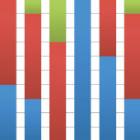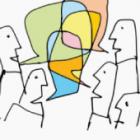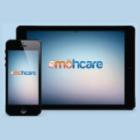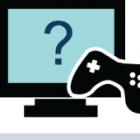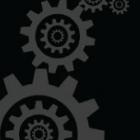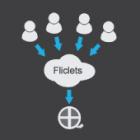
Fliclets
Teaching video editing is a time consuming task that requires much one on one time between a teacher and student. As class time and office hours are limited, there is a ceiling on how much instruction a student can receive during a course. Furthermore, with only a finished product to evaluate, it is difficult for teachers to suggest improvements to cutting room processes used by students.
To increase visibility into students’ processes and allow for a more iterative feedback loop, an online collaborative workspace has been created. In this workspace, visibility into processes was added through real-time collaboration and revision history. Coupling these features with an ability to give and request targeted feedback at any point in the process allows students increased access to a teacher’s wealth of knowledge.


